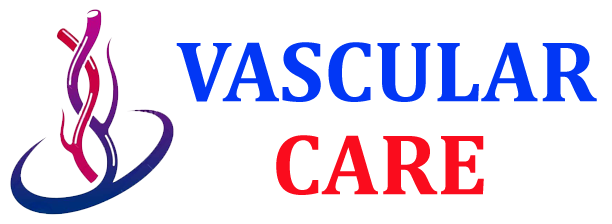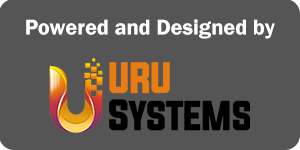Enlarged Prostate (Benign Prostate Hyperplasia)
What is Enlarged Prostate (Benign Prostate Hyperplasia)?
Vascular & Interventional Specialists specializes in interventional radiology procedures for the diagnosis and treatment of various conditions, including benign prostate hyperplasia or BPH. Our experienced physicians and medical staff are committed to providing advanced enlarged prostate care and personalized attention to every patient we serve.
We offer minimally invasive and innovative treatment and care for patients diagnosed with enlarged prostate. With multiple locations across South Dakota, Nebraska and Iowa, you can get the care you need without traveling too far.
What Does Enlarged Prostate Mean?
Causes of Enlarged Prostate


Risk Factors
The risk of developing BPH increases with:
- Age — an enlarged prostate rarely causes symptoms prior to age 40.
- Family history of BPH — If you have a blood relative with prostate problems, you are more likely to develop them as well.
- Obesity — Exercise can help lower your risk.
Diabetes and heart disease — Certain medical conditions may increase your risk.
Signs and Symptoms of Enlarged Prostate
The symptoms of BPH can vary from person to person but may include:
- Frequent urination, especially at night (nocturia)
- Difficulty starting urination
- Weak urine flow or dribbling
- A feeling of incomplete bladder emptying
- Straining to urinate
- A urinary stream that starts and stops
- Urinary urgency or hesitation
Regular preventative check ups as you age are important for checking for a range of health issues. At Vascular & Interventional Specialists, our expert medical staff will listen to your symptoms and help lay out the best course of action going forward.
If you are ever in doubt regarding a symptom you’ve noticed, reach out to your specialist for an appointment.

Diagnosing Benign Prostate Hyperplasia
To diagnose BPH, physicians will typically perform a physical exam, including a digital rectal exam, to assess the size and shape of the prostate gland. They may also order additional tests, such as a urine flow test or a prostate-specific antigen (PSA) blood test, to rule out other conditions, such as prostate cancer.
Complications
If left untreated, BPH can lead to serious complications such as not being able to pee (urinary retention), urinary tract infections, bladder stones, and kidney damage. Some of these conditions may require surgery to get relief, so catching BPH early is key to lowering the risk of these complications.
Treatment and Prevention

Please Call Your Vascular Specialist to Schedule an Appointment
If you are experiencing urinary problems or have been diagnosed with an enlarged prostate, don’t hesitate to contact us at Vascular & Interventional Specialists. Our team of experts will work with you to develop a personalized treatment plan to help you regain your quality of life.
If you are experiencing chest pain or tenderness, back pain, persistent hoarseness when speaking, cough or shortness of breath, difficulty breathing, weakness or paralysis on one side of the body, sharp pain in your upper back that radiates downward, or pain in the chest, jaw, neck, or arms, seek urgent medical attention by dialing 911.



